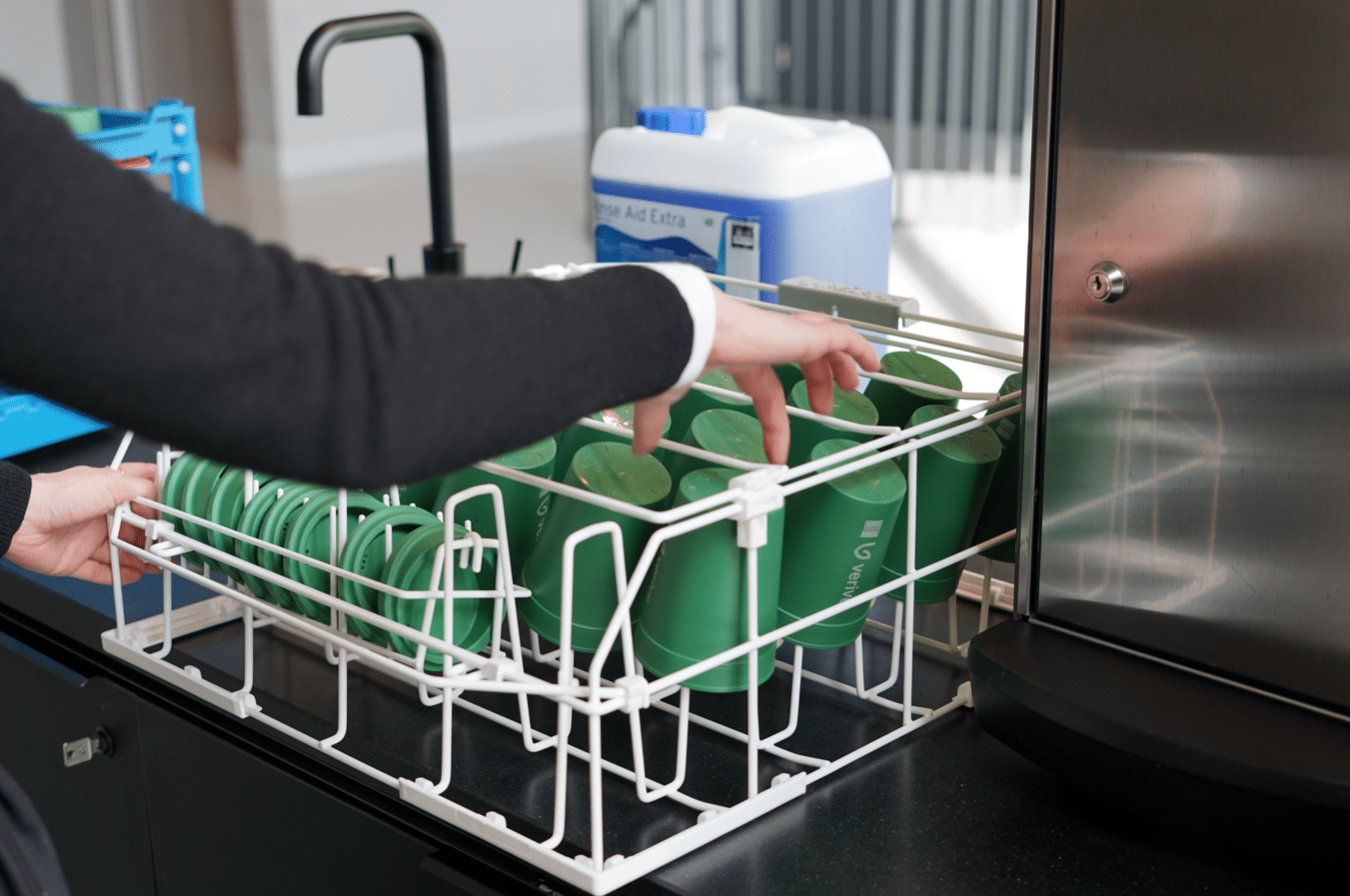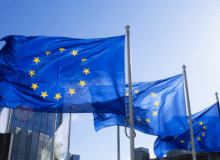About this article
Companies often make claims that can boost their appeal to sustainability-conscious customers. But when these claims are incorrect, it has consequences – for consumers, for businesses and for the planet.
‘Greenwashing’ is nothing new. Coined in 1986, the term refers to attempts made by businesses to appear environmentally conscious, when their business practices aren’t. Today, greenwashing is unfortunately common – with many companies keen to cash in on consumers’ growing interest in sustainability. From food and fashion to cars, cosmetics and packaging, no industry is greenwashing-free. How does greenwashing work, why is it harmful, and how can you prevent it?
How do companies greenwash?
When it comes to products, buzzwords can be used to greenwash as they mean little and can mislead. Words like ‘ecological’, ‘environmentally-friendly’, ‘natural’, ‘green’, even ‘sustainable’ have no clear definition, or any widely recognised or required standard to warrant their use. A shampoo marked ‘natural’ can still pollute waterways, and an ‘environmentally-friendly’ jacket can still be flown across the world. Without specific evidence of the properties and practices that make them true, these words indicate little about the real sustainability of a given product.
Terms such as ‘biodegradable’ and ‘plastic-free’ are part of the problem
Even ‘biodegradable’, which has its roots in science, has become problematically vague. It simply means that a material will break down in time – but how long, under what conditions, and into what, is unspecified. Despite offering no explicit environmental benefit, ‘biodegradable’ claims have been found to encourage as many as 74% of consumers to buy a product. ‘Plastic-free’ is another buzzword that is more complex than it sounds, as products with this label can still contain environmentally damaging polymers including adhesives and lubricants.
The term 'biodegradable' is problematically vague
Why greenwashing is harmful
When it comes to our impact on people and the planet, telling the truth is more than just the right thing to do. Language matters – particularly when it misleads.
Any veneer of positive social or environmental impact can disguise bad actions going on in the background. This means that businesses can lead consumers who have every intention of being part of the solution towards being an unwitting part of the problem. This can happen when people consume more of a product that claims to be ‘sustainable’, because they believe its impact to be low; or choose it over an alternative that is, in fact, less harmful.
Greenwashing terms may also lead consumers to use or dispose of the product in a way that is counter-productive – for example, putting ‘green’ packaging into home composting, where it may not break down effectively.

Greenwashing affects sustainability
But the dangers of greenwashing go further than these immediate, tangible effects. Misleading language affects how people engage with the movement towards sustainability – ultimately hampering the progress we need to see in order to meet global targets. Just as fake news undermines trust in the media, so too does greenwashing undermine trust in sustainability claims as a whole. Consumers are bombarded with ‘eco’ claims from products, and told how they can do better. But if that information turns out to be misleading, it is, understandably, a huge turn off for people who are otherwise keen to make environmentally and socially conscious choices. More than 4 out of 5 consumers feel misled by sustainability buzzwords – and trust issues and confusion have been found to be major barriers to buying sustainable brands.
4 out of 5 consumers feel misled by sustainability buzzwords
Greenwashing can damage a brand reputation
Brands that greenwash don’t just hold back the positive impact of the sustainability movement – they also hurt themselves. Overclaiming a product’s sustainability credentials with misleading wording can lead to criticisms that undermine their brand image. H&M, for example, has attracted wide criticism in recent years for its claims of a ‘conscious collection’ and use of ‘circular’ materials, alongside labour rights violations and a recycling scheme that encourages higher consumption by offering a voucher with a minimum spend. And beyond just reputational damage, greenwashed misclaims can lead to difficult and expensive legal action. Nestlé has faced a lawsuit over its ‘sustainably sourced’ labelling, due to its cocoa products being suspected of relying on child labour and causing deforestation.
How to avoid greenwashing
So how can businesses avoid greenwashing? Just as consumers are increasingly confused and distrusting of brands, so too can businesses fall prey to the sustainability claims of potential suppliers. In either case, the only way to tackle misinformation is with detailed facts. That means asking suppliers questions that focus on evidence: In what way is this material more [insert buzzword] than an alternative? How should it be used and disposed of to meet its sustainability claims? Look for widely recognised third-party certifications such as FSC, ECOLABEL and NORDIC SWAN – and be wary if none are present.
At Verive, we want to help build a world free from greenwashing, where vague terms and misleading buzzwords are left behind in favour of detailed facts and evidence. We’re here to help you navigate the world of sustainable packaging and tableware – and above all, to help you avoid being misled by greenwashing terms and claims, and passing misinformation on to your customers. We put transparency first, and research every product we offer thoroughly so that there is no question of what it does, and doesn’t, qualify as. This is also why we never use the terms ‘biodegradable’ or ‘plastic-free’, and we work closely with you to ensure that your choice of packaging and tableware will genuinely limit harm to the environment rather than tick a box.
We’re happy to help
If you too want to prevent greenwashing and choose the best food packaging and tableware for your commercial setting then get in touch with us today, we’d be happy to answer your questions.










